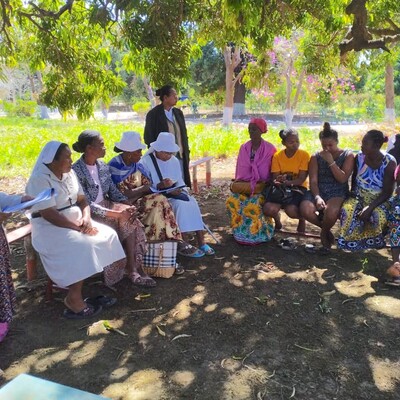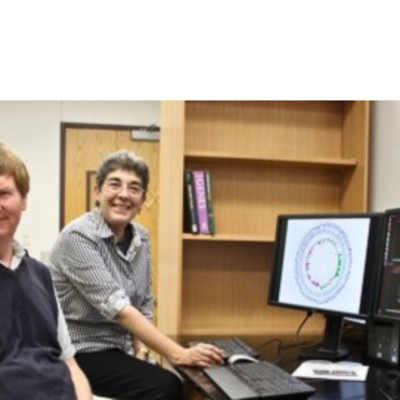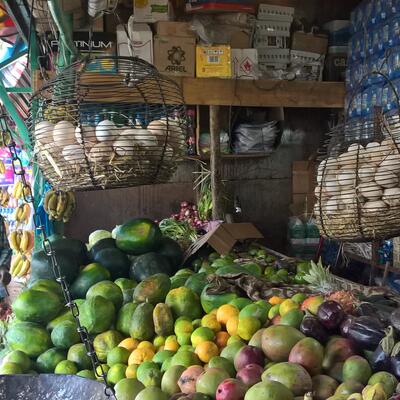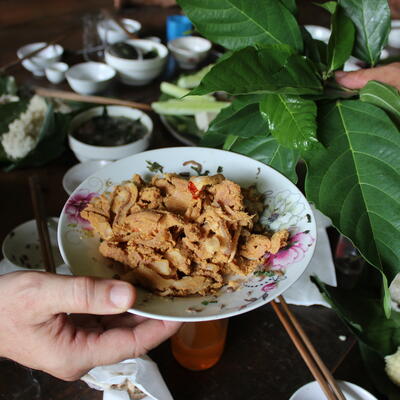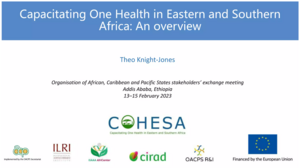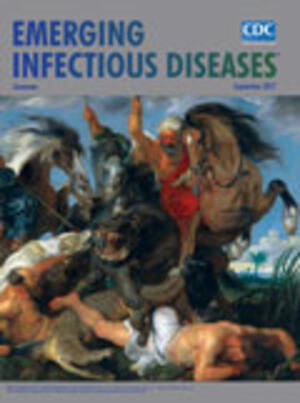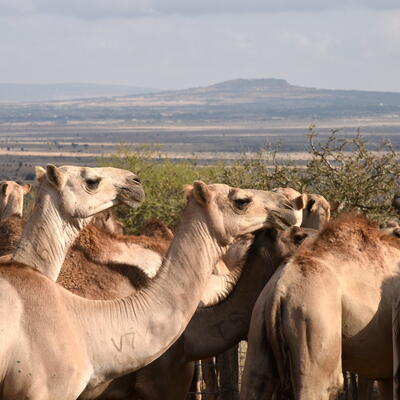
The problem of using human medication to treat free-range poultry in Soroti, Uganda
The use of human medication to treat sick birds has been noted amongst 203 poultry-keeping households in eastern Uganda. This is attributed, in part, to challenges rural smallholder farmers face in accessing veterinary drugs.
The most common human medications used in poultry were painkillers, antiparasitics and antibiotics, which are available over the counter in pharmacies. Farmers noted that while these drugs provide temporary relief of the symptoms, the birds were not cured, and many reported that their birds eventually died.
This study by the International Livestock Research Institute (ILRI) and the Ministry of Agriculture, Animal Industry and Fisheries (MAAIF) was conducted to understand the drivers of antimicrobial use and practices amongst poultry keepers in Soroti and to determine the prevalence of drug-resistant Salmonella spp., Escherichia coli (E. coli) and Enterococcus spp. in poultry farms. It was carried out in early 2022 by scientists in the Boosting Uganda’s Investment in Livestock Development (BUILD) project.
The team noted low vaccination levels even when vaccines are offered by trained community animal health workers. Irene Mbatidde, a PhD fellow with the BUILD project who co-led the study, said:
"Few poultry farmers follow the correct vaccination schedules, especially against highly contagious diseases like Newcastle disease, even when vaccines are available at low cost."
The study also found that poultry farmers frequently use herbal medicines from commonly available plants like neem, aloe vera, red pepper and other indigenous trees to treat fever, diarrhoea, eye infections and wounds in chickens.
Veterinary drug shops in Soroti town are inaccessible to most rural farmers due to long distances, hence selling of veterinary drugs in village markets is a common practice. Some farmers are tricked into buying herbal concoctions that are disguised as vaccines. Moreover, households that cannot afford to buy vaccines use leftover vaccines from their neighbours. A poultry farmer said:
"We use whatever is available to us; there is no one to tell us about the correct veterinary drugs to use to treat our chickens."
According to the Food and Agriculture Organization of the United Nations (FAO), poultry is Uganda’s largest livestock species, with 47.6 million birds. Forty per cent of households keep poultry for meat, eggs and income. Poultry are also used as insurance and savings because they can easily be sold to meet medical or education expenses.
The farms visited in the study kept free-range chicken, each having 40 chickens on average. Samples, including faeces from the housing units, were collected from each poultry farm. From the preliminary microbiology analyses, 129/203 samples harboured tetracycline-resistant E. coli, 78/203 had colistin-resistant E. coli and 81/203 samples had cefotaxime-resistant E. coli. Detailed laboratory and data analyses are still ongoing.
These findings show the need to raise the awareness of farmers on the importance of appropriate use of veterinary drugs. Farmers should buy veterinary drugs from licenced veterinary drug shops to ensure they are using good-quality approved products. Private sector players should consider extending veterinary services to Soroti to improve coverage and access by the rural farmers. Farmers also need to be made aware that drugs meant for humans should not be used in poultry and the risks associated with this practice.
Veterinaires Sans Frontieres-Uganda, the field extension arm of the BUILD project will lead the implementation of the awareness campaigns.
----------------------------------------------------
The BUILD Uganda project is funded by the Federal Ministry of Economic Cooperation and Development, Germany (BMZ) and co-funded by the CGIAR Research Program on Agriculture for Nutrition and Health and CGIAR Research Program on Livestock. We also acknowledge the CGIAR Trust Fund Donors (https://www.cgiar.org/funders).
Learn more about AMR among poultry farmers in Uganda
https://hdl.handle.net/10568/115979
Learn more about the tool used in the assessment
https://hdl.handle.net/10568/107443
Irene Mbatidde and Dickson Ndoboli are PhD fellows with the BUILD project in Uganda.
Dreck Ayebare is a research associate with the BUILD-AMR component.
Photo:
A typical homestead in Soroti (photo credit: ILRI/ Irene Mbatidde).






